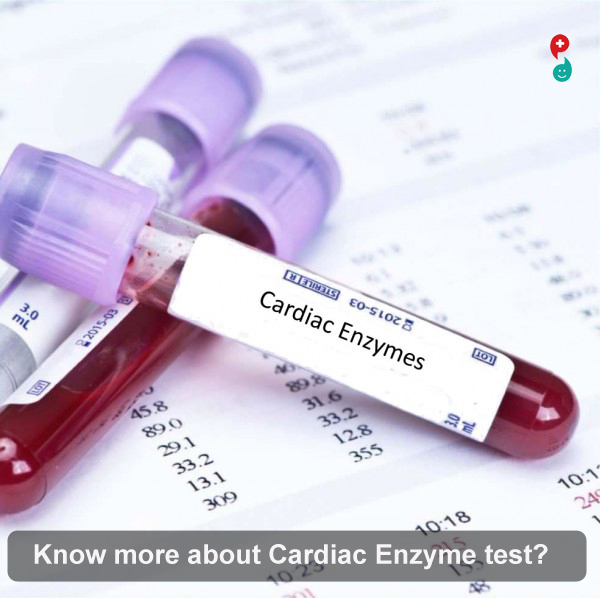
A cardiac enzyme test is one means for assessing if a person is currently experiencing or recently had a heart attack. If you have come to the emergency department with chest pain, cardiac enzymes may be drawn two or three times, several hours apart. It can also be used to check the functioning of the heart after coronary artery bypass graft surgery or angioplasty.
How Does It Work?
There are several types of cardiac enzyme tests. These tests can measure blood levels of the enzyme creatine phosphokinase (CPK), also called creatine kinase (CK), and a more specific form of this enzyme called CK-MB. Additionally, cardiac enzyme tests can be used to check blood levels of the proteins myoglobin and troponin. When the heart muscle is damaged, these substances are released from the heart muscle cells into the bloodstream. CPK is also released by other damaged tissues in the body (the brain, for example), so a CPK test must be used in conjunction with symptom evaluation and other tests (possibly including other cardiac enzyme tests) to confirm a heart attack.
How Is It Performed?
A cardiac enzyme test is like any other blood test. Having blood drawn typically only takes a few minutes. You will be asked to roll up your shirt sleeve (if necessary) and the medical professional who will be drawing the blood will swab the area where the needle will be inserted with an alcohol wipe. A rubber tube may be tied around the upper part of your arm, or you may be asked to make a fist, to make the veins stand out more and easier to access. A needle attached to a small test tube will be inserted into your vein and blood will begin to flow into the tube. When a sample that is appropriate for the test has been gathered, the needle will be removed, and you may be asked to press on a piece of gauze placed over the insertion site. This pressure will help stop any bleeding from the tiny puncture site. A bandage will then be placed over the site where the needle was inserted. Your blood sample will then be sent to lab technicians for analysis. You will receive information when you have the blood test as to when you can expect results.
Is It Safe?
Having blood drawn by a qualified medical professional is very safe. You will experience momentary pain when the needle is inserted, and you may experience bruising at the needle insertion site after the test is complete. If you have an allergy to latex or to any adhesives, let the person know who is drawing the blood, so he or she can make any necessary adjustments.
Questions to Ask Your Doctor About Cardiac Enzyme Tests
The following questions can help you talk to your physician about cardiac enzyme tests. Consider printing out or writing down these questions and taking them with you to your appointment. Taking notes can help you remember your physician’s response when you get home.
Do you think I have had a heart attack?
Do the cardiac enzyme test results show that I have had a heart attack?
What happens next if I have had a heart attack?







